

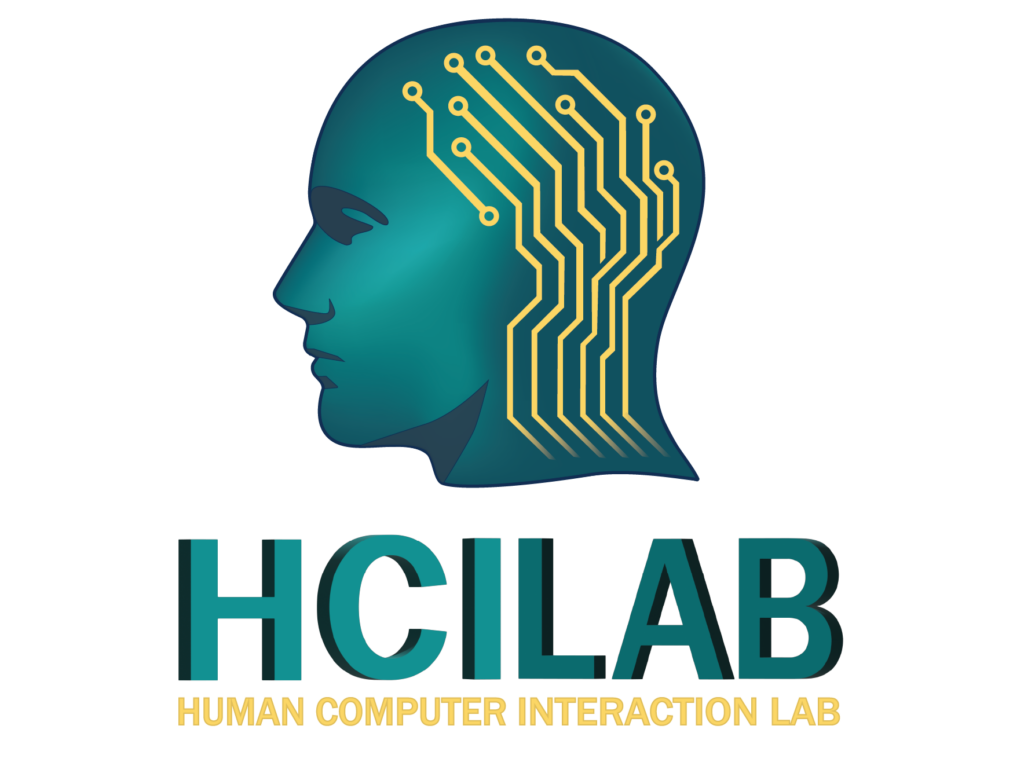

Development and integration of GIS systems for the collection, storage, management, analysis, and visualization of geographically specialized data.
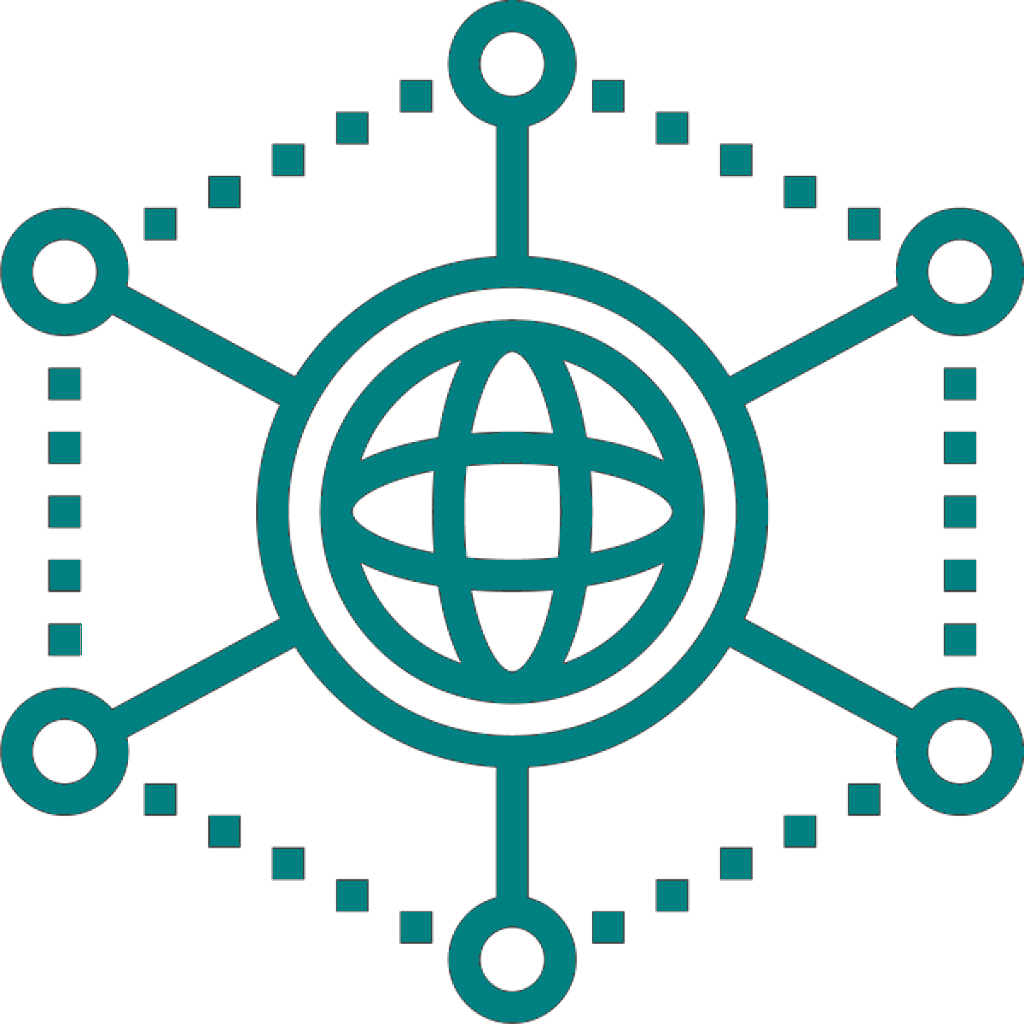
Study of technologies such as artificial intelligence, big data, the Internet of Things, and automation in improving processes and productivity in the industrial sector.
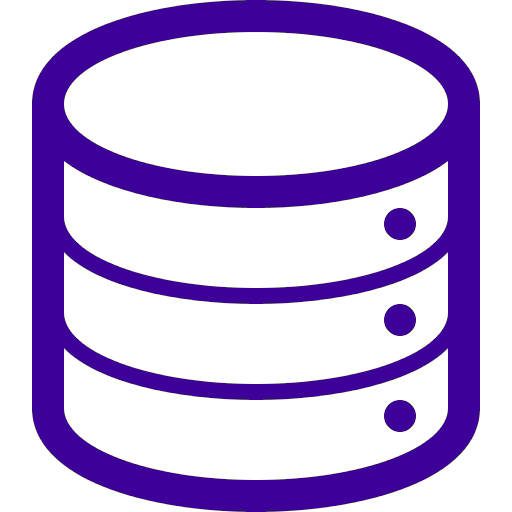
Application of analysis and mining techniques to large datasets for extracting useful information and knowledge.
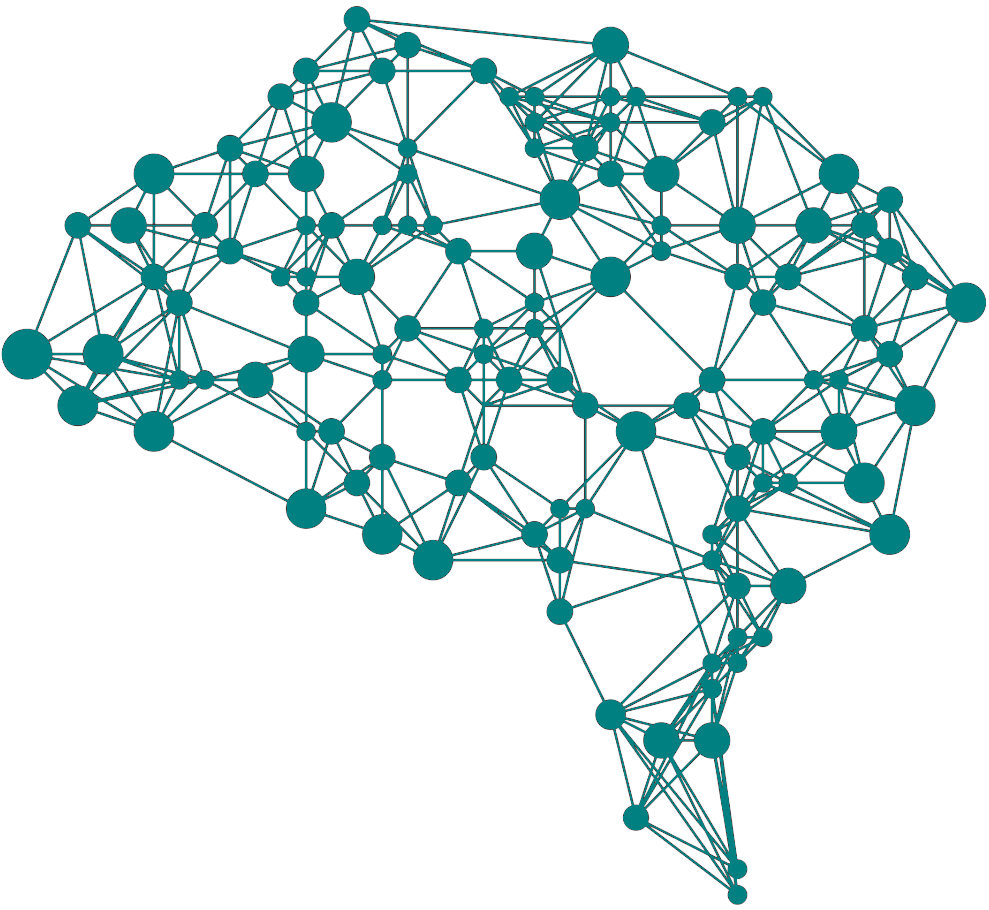
Artificial Intelligence, Machine Learning, Big Data Analysis, Genetic Algorithms, Data Mining, Smart Places. Bioinformatics
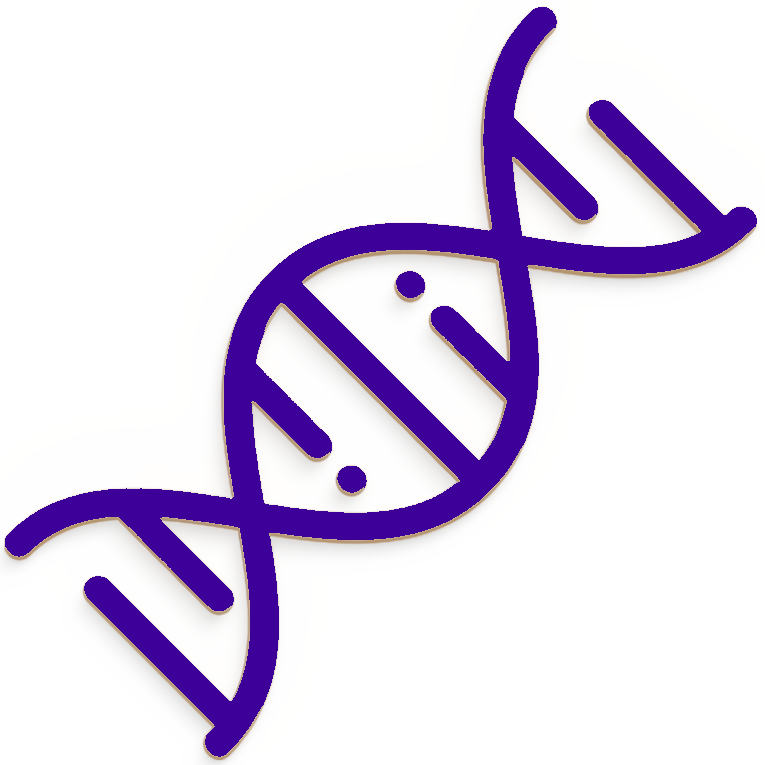
Modeling biological processes, Biobanks, Genome-Wide Association Studies (GWAS), Pharmacokinetics, Study and analysis of brain activity.
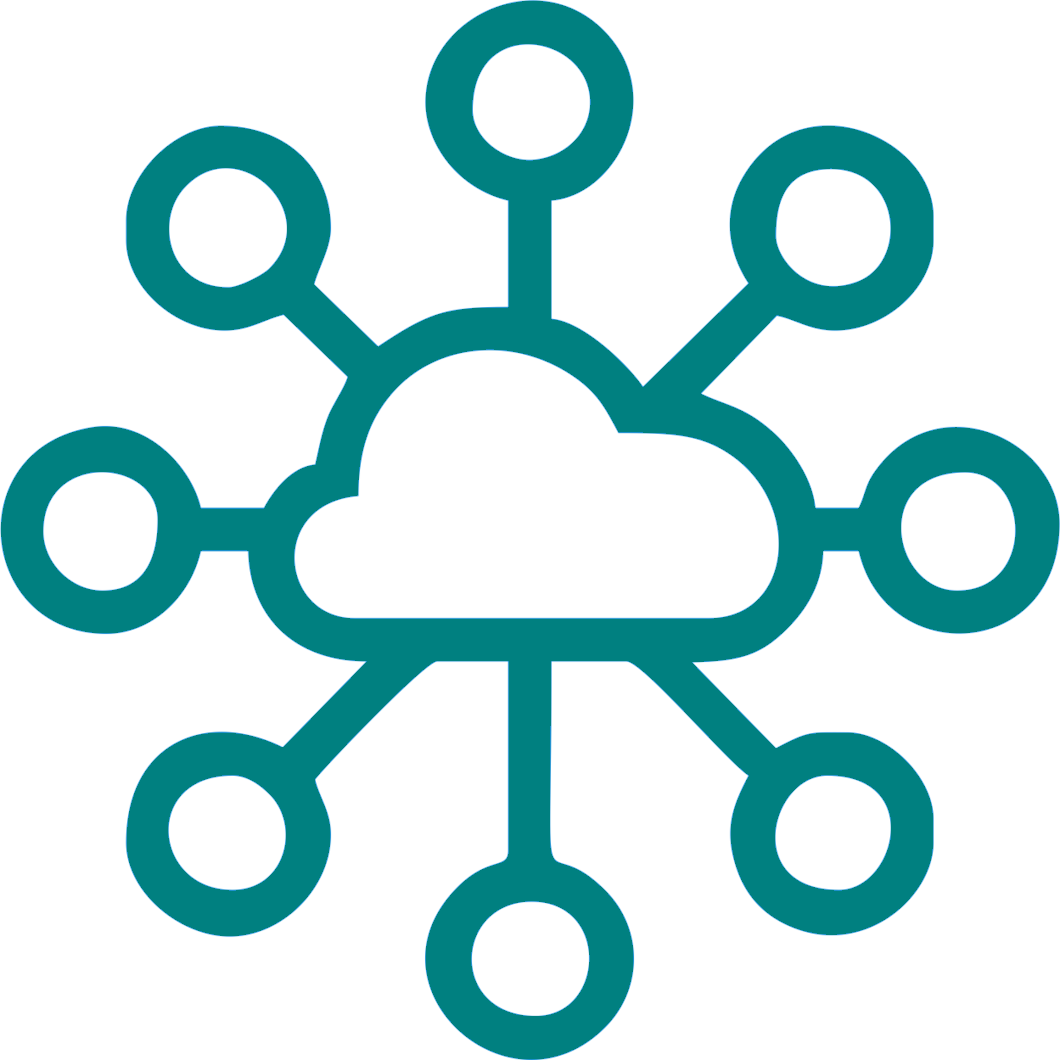
Social Media, Mobile Technology and Services, Cloud Computing, Internet of Things, Robotics and Automation, 3D Printing, Cybersecurity, Blockchain.

Virtual Reality (VR), Augmented Reality (AR), and Mixed Reality (MR), virtual environments at scale, sensory simulations, virtual environments for surgical simulation, haptic interaction.
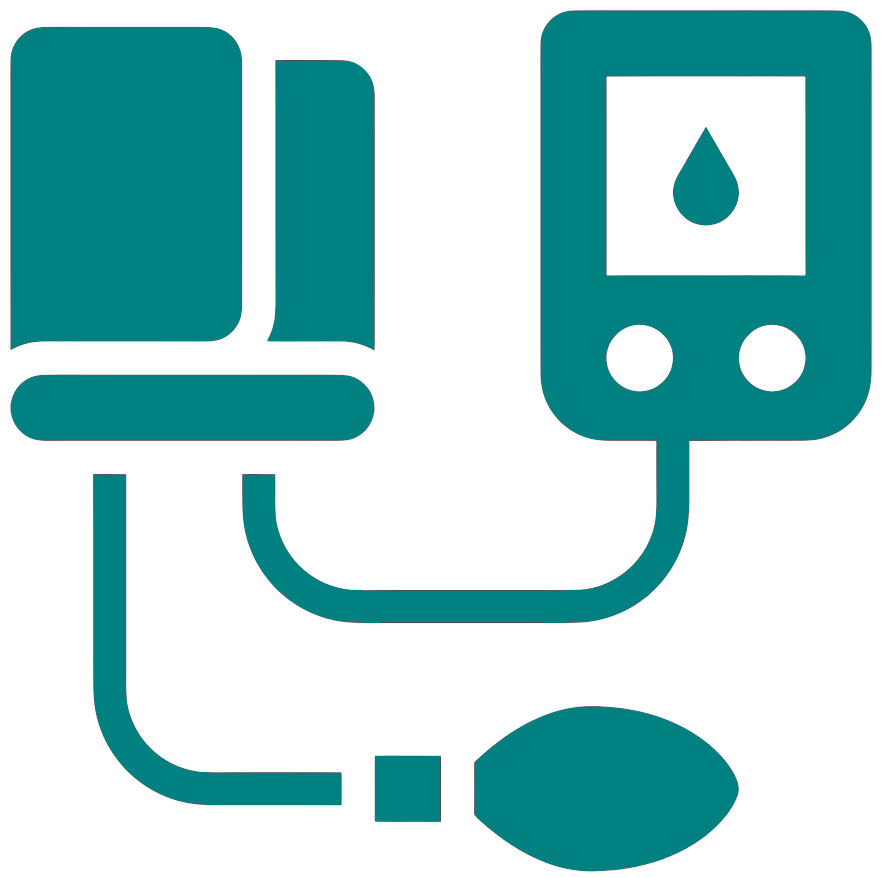
Brain-Computer Interfaces (BCI), wearable devices, biosensors, kinematic analysis, polysomnography, human electrical activity, emotional and cognitive analysis.
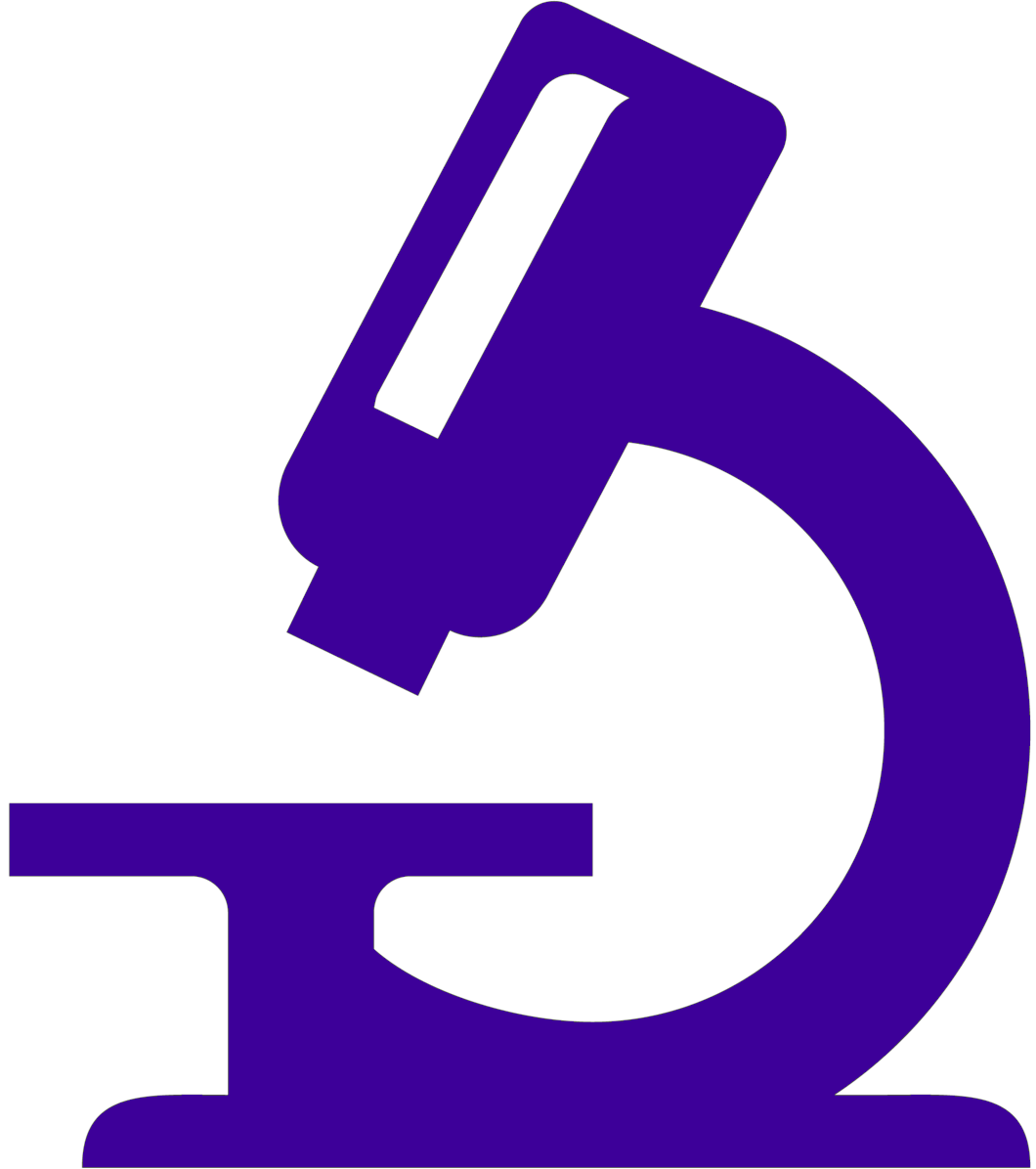
Machine Vision, Convolutional Neural Networks, image analysis with GPUs and distributed systems, medical imaging, digital histopathology imaging.
Collaboration with academic, research, and commercial institutions both within and outside Greece will be sought and established by the "Human-Computer Interaction Laboratory" based on selection criteria, specifically:

Το Epirus XR Center αποτελεί μια σύγχρονη ακαδημαϊκή και ερευνητική πρωτοβουλία που αναδεικνύει τον χώρο της Εικονικής, Επαυξημένης και Μικτής Πραγματικότητας στην Ήπειρο. Με εξειδικευμένο εξοπλισμό, προηγμένες τεχνολογικές υποδομές και ενεργή συμμετοχή φοιτητών και ερευνητών, το Κέντρο λειτουργεί ως σημείο αναφοράς για πειραματισμό, εκπαίδευση, ανάπτυξη εφαρμογών και καινοτόμων έργων XR.
Στο πλαίσιο του Human-Computer Interaction, το Epirus XR Center δίνει τη δυνατότητα σε φοιτητές και μέλη της ακαδημαϊκής κοινότητας να εξερευνήσουν νέες μορφές αλληλεπίδρασης ανθρώπου–υπολογιστή μέσα από καθηλωτικές εμπειρίες, προσομοιώσεις, διεπαφές φυσικής κίνησης, χωρικού υπολογισμού και έξυπνων συστημάτων. Παράλληλα, υποστηρίζει δράσεις, εργαστήρια, συνεργασίες με φορείς και ανάπτυξη εφαρμογών με πραγματικό κοινωνικό αντίκτυπο, όπως εκπαίδευση, υγεία, πολιτισμό και STEM μάθηση.
Με όραμα την ενίσχυση της τοπικής και εθνικής τεχνολογικής προόδου, το Epirus XR Center καλλιεργεί ένα δυναμικό οικοσύστημα που ενθαρρύνει τη δημιουργικότητα, την έρευνα, τη διεπιστημονικότητα και την καινοτομία.
The goal is to create a skilled core of professionals and scientists with expertise and proficiency in the laboratory’s work areas.
The preparation of doctoral theses falls within the research and educational mission of the laboratory’s work areas.
These objectives will be supported by the laboratory’s scientists in collaboration with scientists and research teams of various disciplines within the University of Ioannina, as well as with other universities, research institutes or laboratories, academic or research institutions both domestic and international, and businesses and organizations.
The activities related to the education of undergraduate and graduate students, as well as scientists, are a significant objective of the laboratory and will occur on a daily basis. These activities will be integrated with all laboratory functions and will be conducted by the laboratory staff under the coordination and supervision of the head of the centre.
The self-assessment of the laboratory’s activity and effectiveness in achieving its objectives will take place every five years by the unit itself, through the review and study of its work areas and the outcomes produced.
The evaluation will be conducted based on the following indicators:
– Research, Education, Partnerships
• Number of research protocols conducted.
• Number of publications with Impact Factor.
• Number of presentations/announcements at Greek and international conferences.
• Number of scientific awards.
• Quality of data recording and storage.
• Condition and maintenance of infrastructure and equipment.
• Status, staffing, training, and self-assessment of staff and partnerships.
• Evaluation by undergraduate and postgraduate students, and scientists in training.
• Doctoral Theses completed.
• Development of new technologies or methods.• Financial transactions of ELKE
• Participation in international and Greek scientific teams.
• Participation in research activities and funding of Greek and international teams.
• Participation in educational activities of Greek and international teams.
• Organization of scientific conferences, seminars, and other meetings.
• Awards and distinctions, institutional positions of staff in Greek and international scientific teams.
– Development of practices, structures, and networks:
• Number of structures created.
• Number of networks created.
• Condition and maintenance of infrastructure and equipment.
• Status, staffing, training, and self-assessment of the staff.
• Financial transactions of ELKE.
• Evaluation by participating scientists.
© HCILAB www.dit.uoi.gr 2026. Με την επιφύλαξη παντός νομίμου δικαιώματος.
Implemented by the Konstantinos Sakkas
Created with Royal Elementor Addons